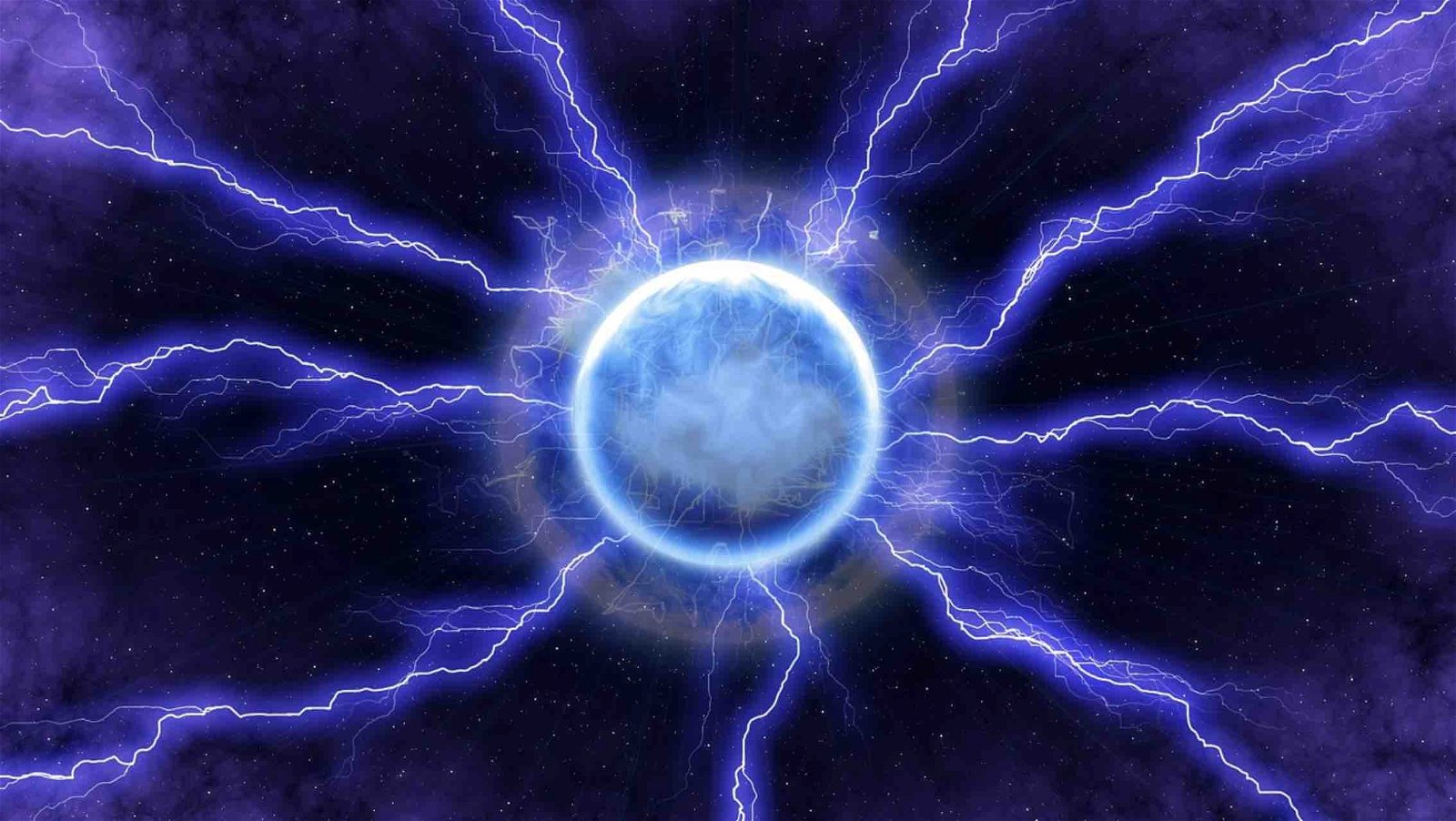A naturally-occurring enzyme produced by bacteria in extreme environments has been shown to produce electricity out of thin air, according to new research.
Scientists have long theorized that bacteria living in extremely cold, extremely hot, or even high-pressure environments were able to use hydrogen in the air to create energy. However, the recent study represents the first to show exactly how that process works.
The researchers behind the discovery say that their “natural battery” could create and store energy out of thin air for use in all kinds of futuristic applications, particularly extreme environments, including deep under the sea or even in outer space.
Enzyme Aids Survival of Bacteria in Extreme Environments
For most life forms on earth, sunlight provides the primary source of energy. But some types of microscopic creatures live in places where there is little to no sunlight available for photosynthesis. Dubbed extremophiles, many of these are ultra-hardy bacteria that often inhabit the areas around deep sea volcanic vents, inside frozen landscapes, or in areas of extreme pressure.
Hoping to understand how these extreme organisms make the energy they need to survive and thrive, a team of researchers from Australia stumbled upon a method for using an enzyme extracted from the extreme bacteria to produce useable storable electricity.
“We’ve known for some time that bacteria can use the trace hydrogen in the air as a source of energy to help them grow and survive, including in Antarctic soils, volcanic craters, and the deep ocean,” said Professor Chris Greening from the Monash University Biomedicine Discovery Institute in Melbourne, Australia. “But we didn’t know how they did this until now.”
As it turns out, the electricity-producing enzyme is able to capture even the smallest amounts of hydrogen present in the atmosphere and use it to generate actual electricity.
Published in the journal Nature, the Australian researchers explained this mechanism and how they discovered it by examining an enzyme produced by a bacterium named Mycobacterium smegmatis. Specifically, they were able to isolate the culprit enzyme, known by the simple moniker Huc, which they discovered was grabbing hydrogen molecules out of thin air and converting them metabolically to create good old-fashioned electricity. And even more notable, Huc was able to perform this seemingly magical task with even trace amounts of hydrogen.
“Huc is extraordinarily efficient,” explains study co-author Dr. Rhys Grinter. “Unlike all other known enzymes and chemical catalysts, it even consumes hydrogen below atmospheric levels – as little as 0.00005% of the air we breathe.”
Manufacturing a Natural Battery to Pull Electricity out of Thin Air
The researchers behind this amazing discovery say that the enzyme they’ve honed in on is commonly available and easily harvestable, making it an attractive target for the development of what they describe as a natural battery. Plus, they say that Huc has a number of other advantages that makes it a viable target for building energy generation devices that can operate in extreme environments.
“[Huc] is astonishingly stable,” said Ph.D. student Ashleigh Kropp, who is the third author of the published work. “It is possible to freeze the enzyme or heat it to 80 degrees Celsius, and it retains its power to generate energy. This reflects that this enzyme helps bacteria to survive in the most extreme environments.”
Moving forward, the team says they are excited about the potential of Huc and think it could be used to develop a clean, green, energy-producing system like no other currently in existence.
“Once we produce Huc in sufficient quantities,” said Dr. Grinter, “the sky is quite literally the limit for using it to produce clean energy.”
Read This: Why Physicists Say You Can Literally Make Something Out Of Nothing.
Christopher Plain is a novelist, comedian, and Head Science Writer at The Debrief. Follow and connect with him on Twitter, learn about his books at plainfiction.com, or email him directly at christopher@thedebrief.org.

